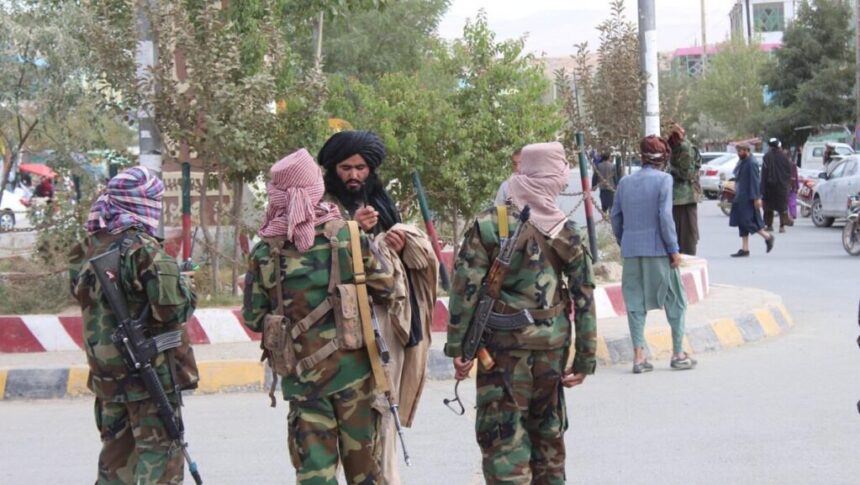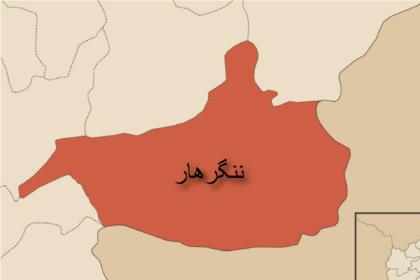RASC News Agency: In the aftermath of the international troop withdrawal from Afghanistan and the Taliban’s subsequent takeover, thousands of Afghanistani citizens who were deemed eligible for the Special Immigrant Visa (SIV) due to their collaboration with U.S. and international institutions remain stranded in Kabul and other provinces. These individuals, who once placed their hopes in a swift evacuation by the United States and its allies, now find themselves in a state of limbo unable to return to their homes and with no viable means of leaving the country. According to documented reports from RASC News Agency, this group comprises translators, employees of foreign projects, and individuals who worked with international organizations all of whom now face serious security threats. Although the Taliban has officially declared a general amnesty, mounting evidence of arbitrary arrests, torture, and even extrajudicial killings suggests a starkly different reality.
In exclusive interviews with RASC News, several SIV applicants expressed profound anxiety over their predicament. Many confirmed receiving emails from U.S. authorities, advising them to return to their homes. However, these messages arrived after they had already liquidated all their possessions, anticipating imminent relocation. Now, destitute and vulnerable, they are left with no options. One applicant, speaking anonymously for security reasons, recounted his ordeal:
“We sold everything, believing we would be relocated to a safe country. Now, we have no money, no shelter, and we cannot return home because the Taliban view us as traitors.”
Beyond looming security threats, these individuals also grapple with severe humanitarian challenges, struggling to secure food, shelter, and basic necessities. Many are forced to live in hiding, constantly changing locations to evade detection. Meanwhile, the processing of their applications by U.S. authorities has slowed to a crawl, leaving them with no clear path to safety. While international human rights organizations have called for an accelerated evacuation process, the global response has been lackluster at best. Experts warn that prolonged inaction not only endangers these individuals’ lives but also raises grave concerns about human rights violations and international accountability.
The plight of SIV holders still trapped in Afghanistan underscores one of the most overlooked humanitarian crises in the wake of the Taliban’s return to power. With Taliban persecution on one side and international neglect on the other, these individuals remain in a precarious and desperate situation. Without urgent intervention, the lives of thousands of SIV applicants will remain at grave risk. The international community, particularly the United States, bears a moral and legal responsibility to protect them. Any further delays in addressing this crisis could lead to irreversible consequences, tarnishing the credibility of nations that once promised them refuge.






